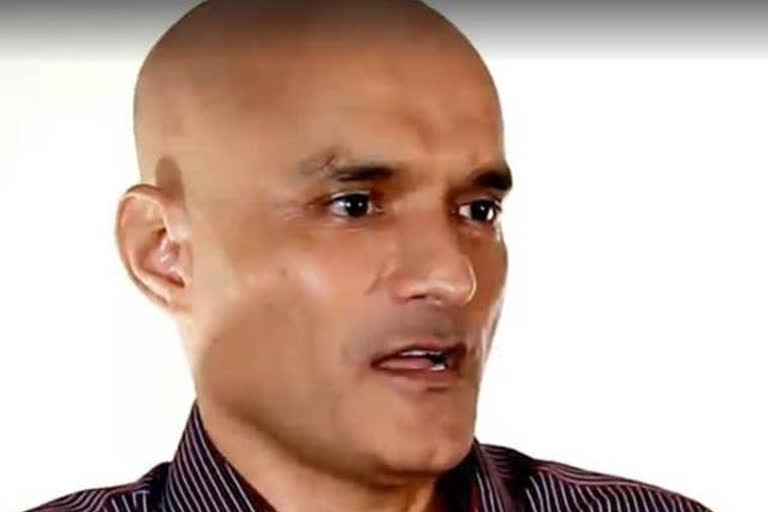New Delhi: Pakistan violated its obligations under the Vienna Convention in the case of Indian national Kulbhushan Jadhav, International Court of Justice (ICJ) President Judge Abduylqawi Yusuf told the UN General Assembly.
Presenting the report of the International Court of Justice to the 193-member General Assembly on Wednesday, Yusuf said in its judgment of July 17 the principal judicial organ of the United Nations found that Pakistan had violated its obligations under Article 36 of the Vienna Convention and that appropriate remedies were due in this case.
Speaking to ETV Bharat, Prof Harsh V Pant, Director, Studies and Head of the Strategic Studies Programme at Observer Research Foundation said, "India was right in making the case to the ICJ that Pakistan is denying basic rights to Kulbhushan Jadhav. Post ICJ verdict, it was expected that Pakistan will follow it."
Ministry of External Affairs report claimed that Jadhav was pressurized by Pakistani authorities as entire proceedings was monitored by them.
After the ICJ verdict, Islamabad agreed to provide consular access to Jadhav on September 2. Later, they denied of providing second consular access to him.
"India has the option to approach ICJ or UNSC but it can also add global pressure on Pakistan which can be potent. Jadhav has been languishing in Pakistan jail since 2017. Basic human rights have been violated, "he added.
India approached the International Court of Justice after its military court sentenced him to death in the espionage case.
In a major victory for India, the ICJ had ruled that Pakistan must review the death sentence awarded to Jadhav, a retired Indian Navy officer who was sentenced to death by the Pakistani military court on charges of "espionage and terrorism" after a closed trial in April 2017.
India had argued that consular access was being denied to its national in violation of the 1963 Vienna Convention on Consular Relations.
The bench led by Yusuf had ordered an "effective review and reconsideration of the conviction and sentence of Mr Kulbhushan Sudhir Jadhav.
Yusuf elaborated on several aspects of the Court's ruling in Jadhav's case while presenting his report to the General Assembly.
He said one of the issues that the Court had to examine was the question of whether the rights relating to consular access, set out in Article 36 of the Vienna Convention, were in any manner to be excluded in a situation where the individual concerned was suspected of carrying out acts of espionage.
Coming to the crux of the Court's ruling, he said the Court considered the reparation and remedies to be granted after it had found that the rights to consular access had been violated.
India had welcomed the verdict of the International Court of Justice, saying that the ruling of the court by a vote of 15-1 upheld India's position in the case.
Also Read: Bodies of Bengal labourers killed by Kashmir militants brought back home



